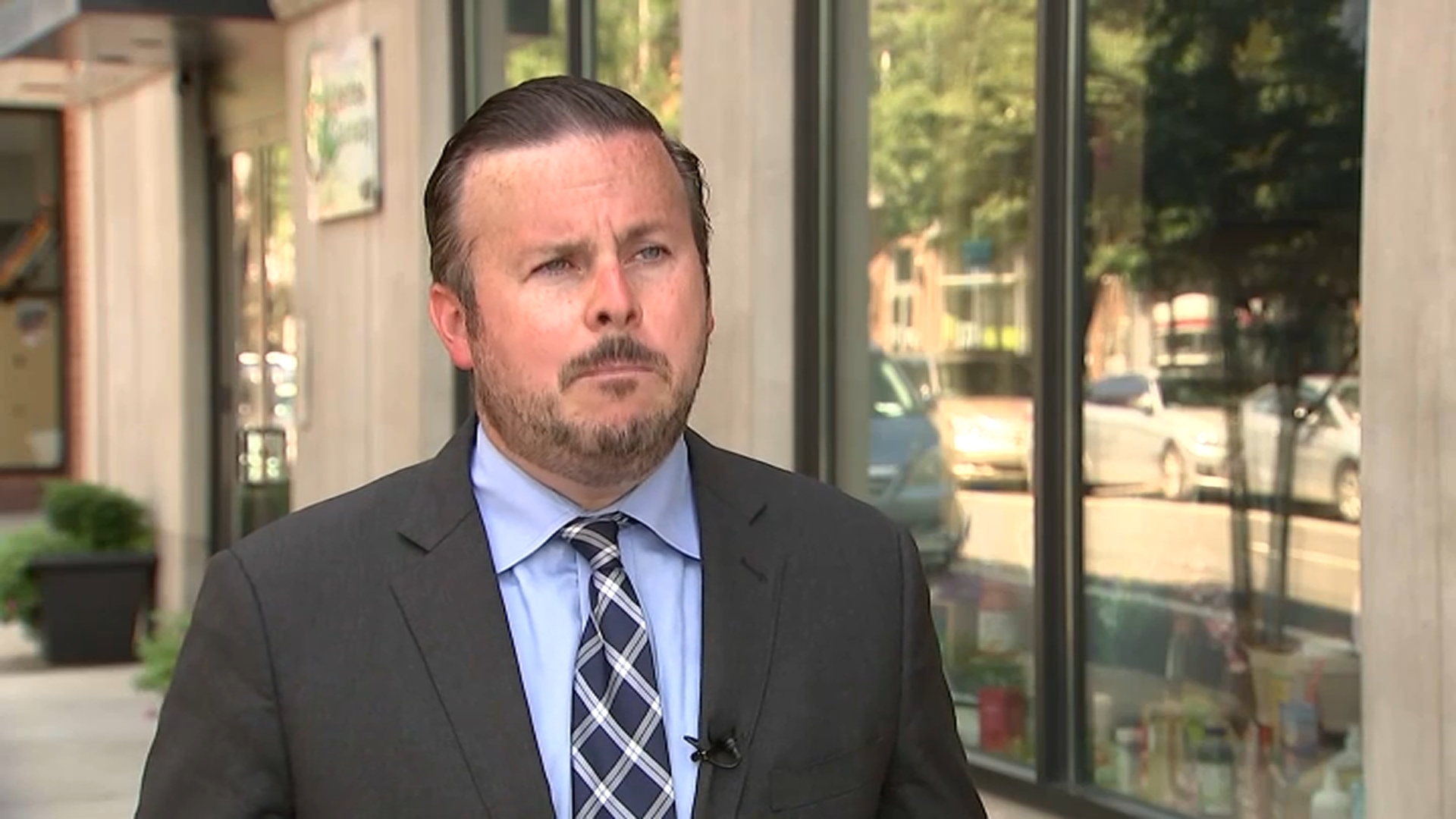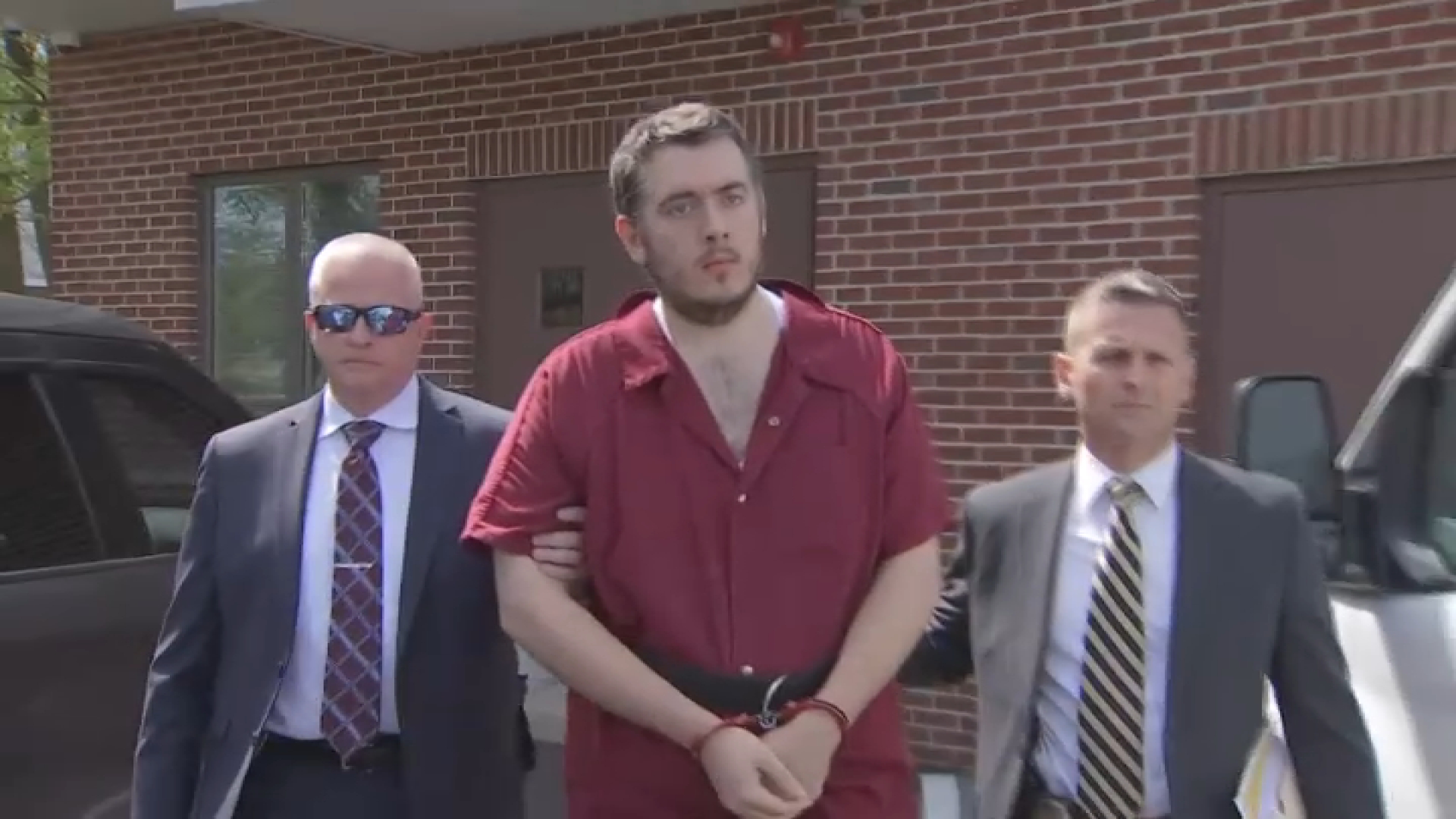When ultra-responsible New Jersey teenager Tyler Clementi unburdened himself to his parents before heading off to college, there was a lot on his mind. In a 45-minute conversation, the 18-year-old told his mother he was gay, that he was having doubts about whether there is a God and that he felt friendless.
His mother thought it made her son feel better to tell her what was on his mind, though his secrets and sorrow were hard for her to hear.
"He left very comfortable and very relieved," she said. "I was very surprised, very much like someone had kicked me in the stomach."
Four weeks later, she knew he wasn't OK. Clementi jumped to his death from the George Washington Bridge days after his Rutgers University roommate allegedly used a webcam to spy on his intimate encounter with another man.
Joe and Jane Clementi have read some statements to reporters and issued more through their lawyer. But it's only now, 14 months after their son's death, that they have decided to grant interviews in an effort to promote the foundation they're launching in their son's honor. The goal of the foundation is to increase acceptance of gay young people, prevent suicide and stop online bullying.
The Clementis' family tragedy received a lot of media attention, and they now say they can see some good coming from it.
"The positive would be that the publicity did generate interest in some of these big issues that need to be addressed," said Jane Clementi a 53-year-old public health nurse.
Local
Breaking news and the stories that matter to your neighborhood.
Clementi's death spurred a national conversation about the treatment young gays and lesbians often endure. Leaders from President Barack Obama to talk show host Ellen DeGeneres weighed in. The punk rock band Rise Against recorded a song, "Make it Stop (September's Children)" about the suicides of bullied young gays. In New Jersey, lawmakers say they adopted a school anti-bullying law in part because of Clementi's death.
The saga still is playing out in criminal court where the roommate, Dharun Ravi, faces 15 counts of criminal charges, including invasion of privacy and bias intimidation, a hate crime punishable by up to 10 years in state prison. Last week, Ravi, a citizen of India who is in the U.S. legally, rejected a plea bargain that would have ensured him no prison time and would have given him protection against deportation if he is convicted. A trial is scheduled to start Feb. 21.
Ravi has no homicide charges connected to Clementi's death. His defense lawyers have indicated that they will try to show jurors that factors other than the webcam issue and Ravi's Twitter postings about it, led Clementi to suicide. Prosecutors say the issue is Ravi's alleged crimes, not what happened to Clementi.
Until now, Clementi's life story has been told largely through what could be gleaned from court documents and his scattered online postings, including on some gay-oriented message boards.
Clementi was incredibly driven and meticulous, so responsible that his mother would ask him to do the family's grocery shopping.
While in high school, Clementi always wanted to arrive early, his mother said.
"He jumped out of bed," Jane Clementi said. "He wanted to be there every morning by 7:15," even though classes didn't begin for another half-hour.
Throughout his childhood, Clementi relied on his own extensive research, mostly from the Internet, to teach himself new hobbies. He went through phases where his ever-changing interests included unicycling, cacti, the stock market and photography.
If he couldn't find an answer to one of his questions about a hobby by searching the Web, he was likely to post a question in a chat forum. It was the same approach he took later when he was concerned about Ravi's webcam. It's not clear he talked to anyone he knew other than his dorm's resident assistant, but he did seek advice from strangers on a message board.
At 17, when he decided to get serious about bicycling, his parents were amused to watch as he used money from gifts and his savings to buy a bike and an abundance of gear, from a helmet and biking shorts to a bag to hold all his tools and spare parts.
No one in his family had much experience or interest in biking, or any of his other hobbies. He'd regularly ride 20 miles or so and sometimes as far as 50, always solo.
Clementi's main passion was violin, even though he came from a family where no one else was a musician. While he usually shied from attention, he loved to perform at concerts and loved hearing applause, his father said.
In local youth orchestras, he always was driven to become concertmaster, or first-chair violinist, his parents said. But when after getting the positions he often was disappointed with the performance of his peers, his mother said.
Music also was the center of his social life. But his parents noticed, belatedly, that while he was outgoing and sociable at rehearsals, he didn't often see orchestra or school friends anywhere else. He never had friends over, or went to the homes of others. If he was bullied, they said, he never brought it up.
And as good as he was as a violinist, he decided music would not be his career. He didn't want to have to teach, his father said. And, even as a teenager, he was realistic about the downside of the career. "He didn't like the unsteady paycheck," Jane Clementi said. "He was a very consistent person and wanted things stable."
She said she was in the family's living room a few days before her youngest son was to head off to college. Tyler Clementi, who had been watching TV in the partially finished basement, emerged. She said he was shaking. She thought he was having fears about college.
To her surprise, he told her he was gay. And he shared his doubts about faith, his sorrow about not having closer friends. Each topic would have been a big one on its own and a surprise to a mother who thought she knew what was going on.
The news altered her expectations for his future. She said she had talked with Clementi during their regular walks together about her frustration that his brother James, whom she believed to be gay, didn't come out to the family. He has since come out. Even in that context, she said, Tyler Clementi never let on that he was gay. "I was a little upset about the trust thing," she said "Why didn't you tell me before?"
The conversation ended with hugs and "I love you's." When she heard him a bit later, laughing at a "Seinfeld" rerun, she thought he was OK.
She thought she was the one who was struggling: "Was I sad? Yeah, I was. You can't help your feelings." She said that she told him they could talk further later; since college was about to start, she said, they had to focus on getting him ready and delivering him to campus.
Joe Clementi, 55 and the public works director in Hawthorne, N.J., said that the next afternoon, he took Clementi for a car ride. "I told him, 'You've got to be careful. Not everyone is accepting as some people are.'"
Two days after that conversation, they were moving Clementi into Davidson Residence Hall C in Piscataway, part of the sprawling Rutgers campus, an hour's drive from his New Jersey home in the suburbs of New York City.
In coming weeks, Clementi would talk with his parents every four or five days, with text messages exchanged in between.
There was no sign of problems, his parents said.
But Clementi's text messages to a few friends in court documents told a different story. In one series of messages, he said he had come out to his family: "mom has basically completely rejected me."
"I don't even see that as that," Jane Clementi said, "though maybe children see things differently."



